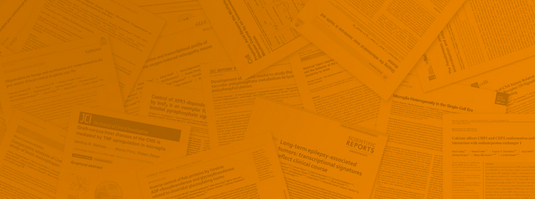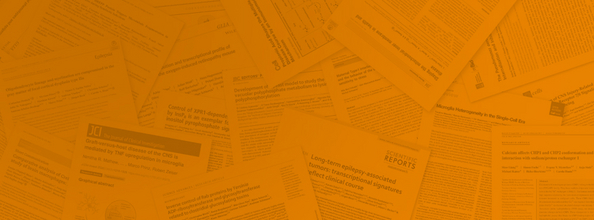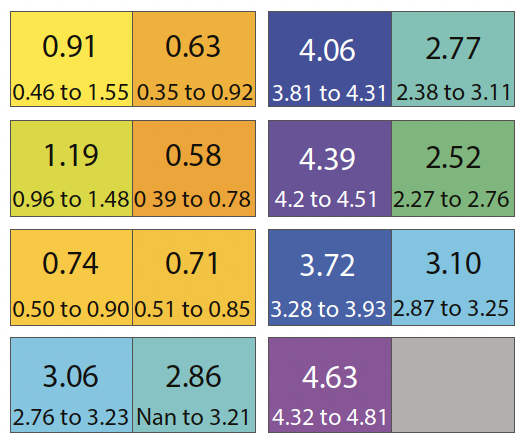In this collaborative effort, the Schamel and Minguet groups joined forces with Johannes Huppa's team in Vienna. The clinical use of chimeric antigen receptor (CAR)–modified T cells is limited by low antigen sensitivity and a gradual decline in effector functions, highlighting the need for alternative antigen receptor designs for effective T cell–based cancer immunotherapy. We designed TCR-based synthetic constructs (TCC) in which the variable antigen-binding regions of an antibody replace the one of the TCR. Our study employed advanced microscopy to show that TCCs achieve up to a thousandfold greater antigen sensitivity compared to second-generation CAR formats. TCC-mediated antigen recognition occurred without the nonspecific, tonic signaling commonly seen in CAR–T cells. The signaling capabilities of TCC may be essential for targeting low-abundance antigens and fostering a lasting anti-cancer response.






